Diversity and inclusion
AM is committed to creating sustainable and inclusive products. We recognise our responsibility to increase the diversity of voices we present, and to address silences and inequities in the historical record.
A crucial part of this goal is to engage and connect with communities in the representation of their histories. Our work to attain these goals is holistic, and includes improving our new products and technologies, critically re-evaluating our existing portfolio, and examining our working practices and processes.
With these goals in mind, we will continue to create innovative products that encourage balanced analysis and robust debate about the past, to ensure we address the needs of the diverse global education and heritage communities we work with.
Community engagement
AM connects and works with a wide range of researchers, scholars, archivists and community experts on our products, to ensure that each one is informed by expert opinions.
We recognise the publishing industry’s responsibility to increase both the diversity of voices involved in the publishing process and those represented in our products, and our own responsibility within this. As part of our mission to better engage and connect with communities in the representation of their histories and experiences, we are working to make our internal processes more transparent and increase the diversity of the voices who advise us.
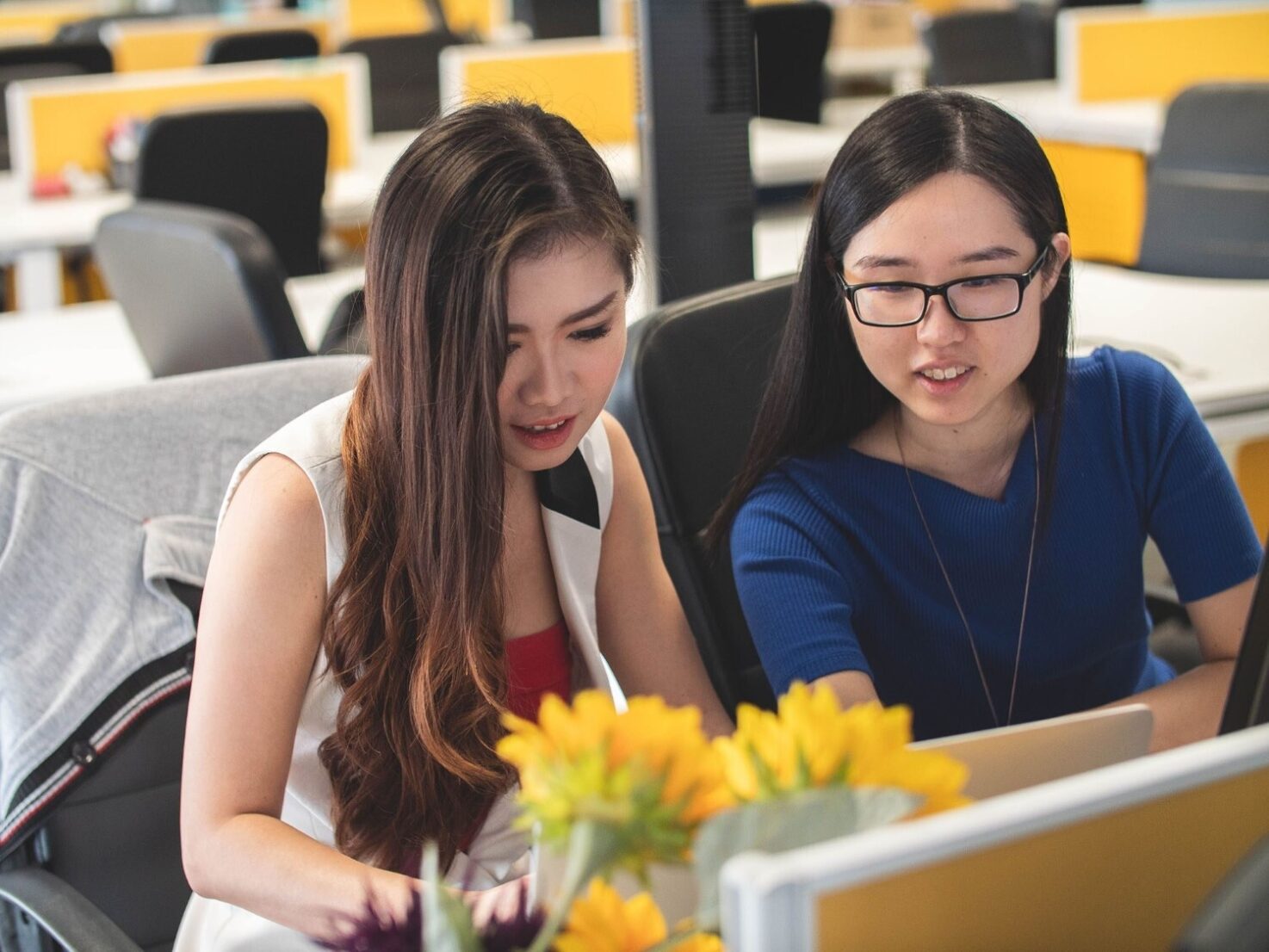
Working with the scholarly community
From our inception, AM has been committed to working with experts around the globe to advise and guide us in creating primary source collections. We form editorial boards for each collection, comprised of experts from the academic community, archives and heritage communities, who guide us and advocate for the communities represented by the material.
As part of our commitment to increasing the diversity of voices we present, AM is dedicated to expanding our editorial boards to ensure that we increase representation and amplify voices of marginalised communities. This will help us ensure that diverse interests and perspectives are represented throughout the creation of our products.
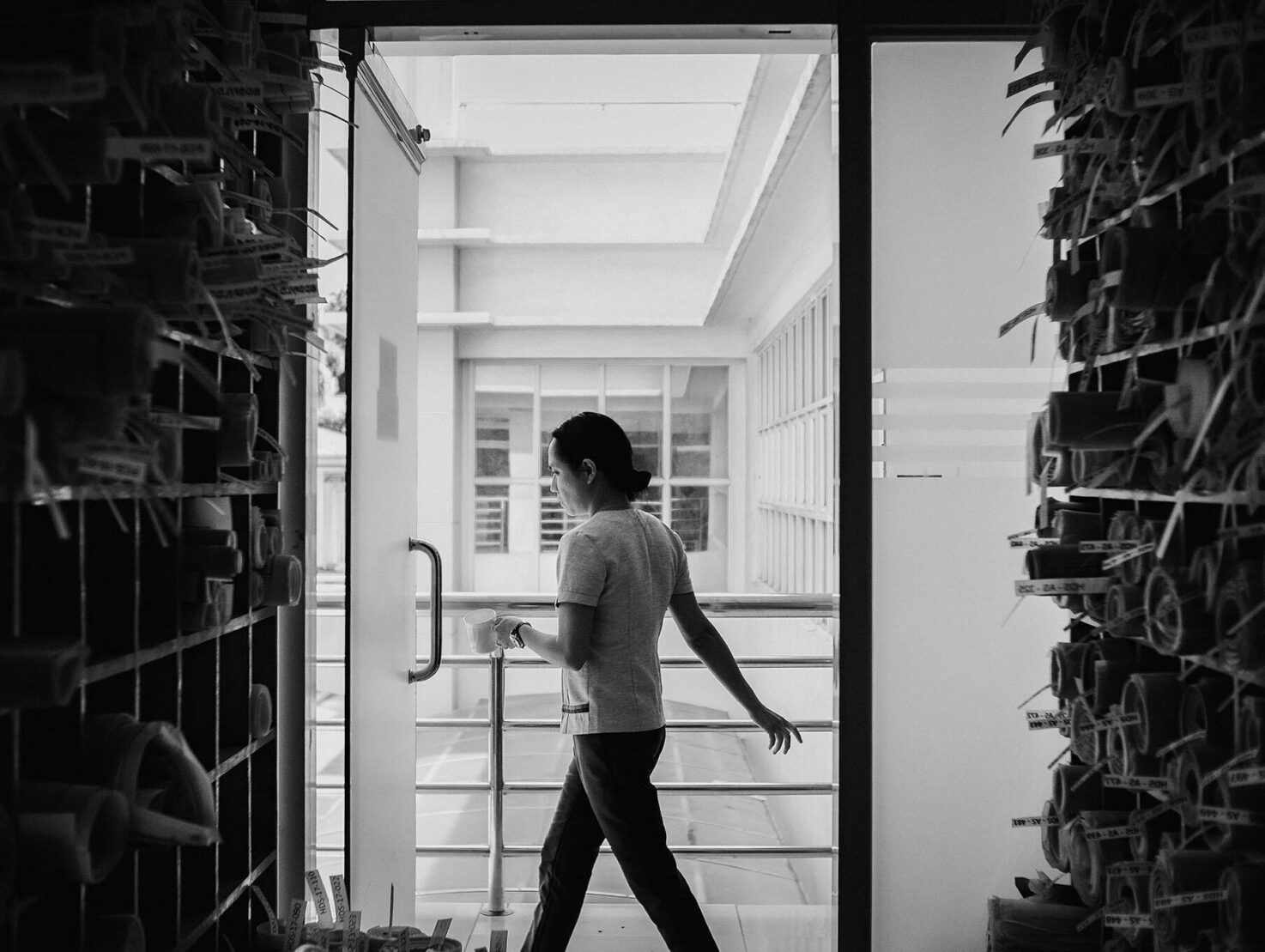
To ensure that AM is continually learning from the academic community in which we participate we have formed a number of advisory boards to feedback and support the creation of inclusive products. These advisory boards work with us to interrogate academic discourse, current scholarship and the dissemination of knowledge.
A key aspect of these advisory boards is to work with us on ensuring that our products are accessible, sustainable and inclusive. We intend to use the guidance from our advisory boards to create toolkits which will guide all our teams in working inclusively in all processes. These toolkits in turn will allow us to create guides for finding marginalised and silenced narratives and voices in our primary source content for our users.
Working with communities across the globe
In order to ensure that we are addressing the needs of a diverse global education and heritage community, AM will be consciously building a diverse network of community consultants to partner with us on new projects going forward. Working with the diverse communities that we are looking to represent, these consultants will inform our collections with greater understanding and knowledge about the issues and topics that impact on those communities.
Enhancing research opportunities
AM is also partnering with digital scholarship initiative COVE on the One More Voice project to recover non-European contributions from nineteenth-century British imperial and colonial archives. One More Voice is attempting to offer a critical and systematic evaluation of these rich and diverse materials by using interpretive approaches and digital preservation techniques to expand existing scholarship.
As part of our commitment to enabling and enhancing research opportunities, we work with our archival partners and customers to offer free access to a range of organisations. Our goal is to share the digitised versions of primary source content with not only communities who have created these sources, but also whose narratives are included in or silenced by the sources. Together with our archival partners, we work to determine the best methods for communicating and enabling this access to key communities.
Indigenous Newspapers in North America
It was vital that the communities and tribes who created and featured in these newspapers could view them. We worked with tribal colleges, universities and museums across the US to set up free access so that researchers could view 200 years of North American Indigenous journalism online.
East India Company
It is history from the perspective of the British Empire, and not the millions of people affected by the decisions, strategies, and corruption of what began as a simple trading company. The National Archives of India now has free access to all modules, so researchers and scholars in India can view the documents that had a fundamental impact on their country and history.
Ethnomusicology
We worked with a number of ethnomusicologists to identify communities and people who contributed to the collection. Free access was then set up in libraries, museums and even people’s homes. This has provided an opportunity for those with connections to the recordings to search and browse the material and find their own personal stories within them.
Editorial process
At AM, we know we must hold ourselves accountable for our editorial decisions. We are committed to asking questions and interrogating our decision-making process while also maintaining an open dialogue with our archival partners.
Over the past 30 years, we have built strong and resilient relationships with archives and libraries around the world. We acknowledge that hegemonic perspectives and voices have often survived at the expense of marginalised communities, and understand that by digitising primary sources, we contribute to the continued survival and discovery of such materials.
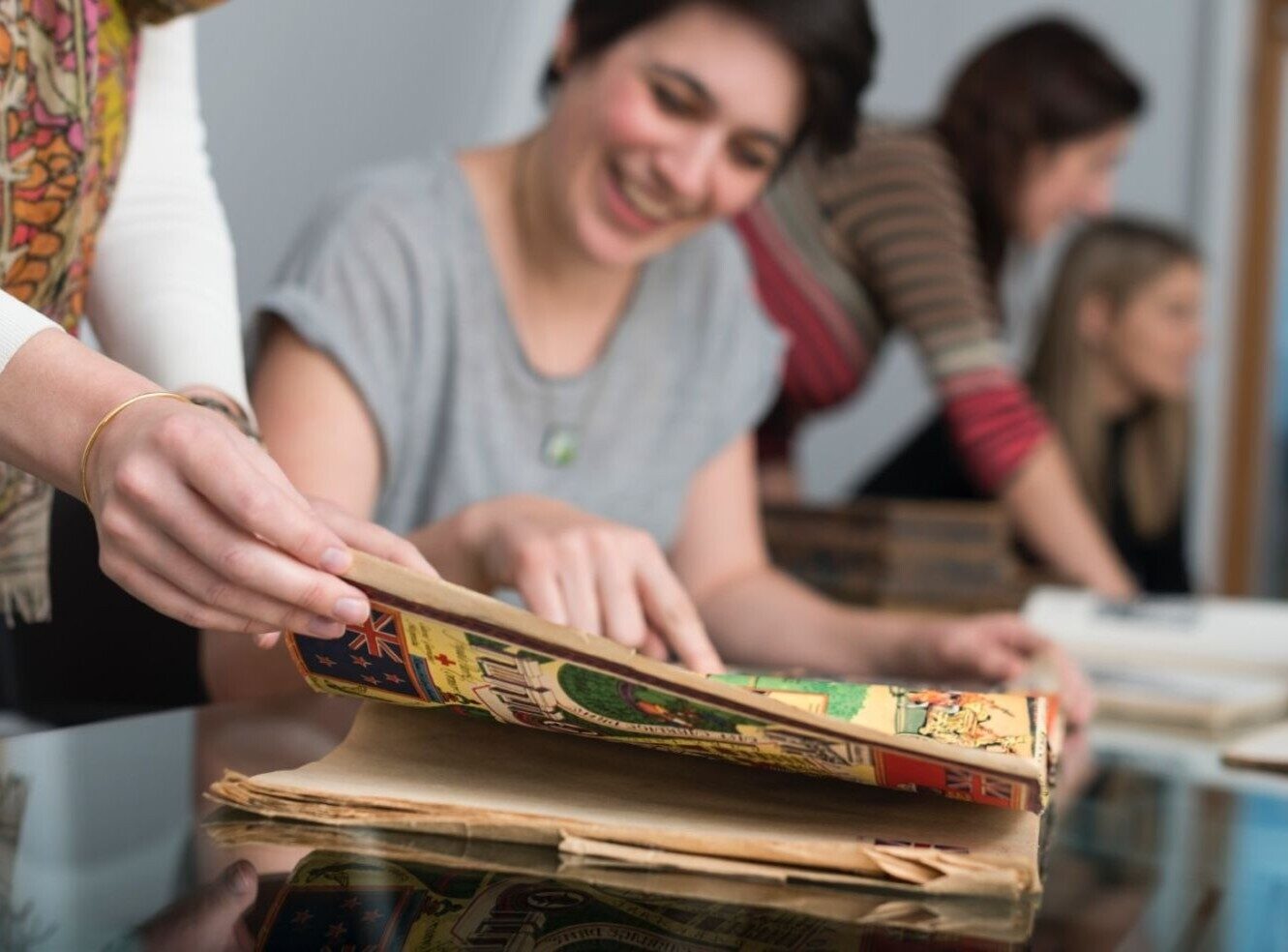
Seeking feedback
We seek feedback with the academic community and collaborate with a dedicated board of consultants for each individual product, aiming to ensure the inclusion of scholars and curatorial experts who can speak to the experiences of underrepresented communities.
We continue to increase our efforts to commission essays and features which contextualise problematic terminology, highlight archival silences, discuss some of the complexities of historic archival practice and shed light on tools that students can use to overcome these challenges.
Working with source archives
Our determination to produce diverse and inclusive products steers our processes and best practices, helping to ensure that equal consideration is given from concept through to publication. We’re committed to reviewing the advice and training given to our teams and embedding principles which will enable us to build more equitable online resources. In addition to accessibility, we are carefully considering how best to address bias in terminology and metadata and exploring ways to uncover hidden voices wherever possible.
In partnership with source archives and subject experts, we intend to:
- Take advice on the terminology used to describe communities and individuals.
- Prominently display statements which help users to understand the terminology they may encounter in our resources, and where or why they may encounter offensive or uncomfortable language.
- Provide information in our resources that explains material selection and who has consulted on that process.
- Acknowledge which primary sources can illuminate the experiences of underrepresented voices and which reflect the perspectives or biases of the dominant narrative.
- Compile user guides to help researchers locate content within published primary sources.
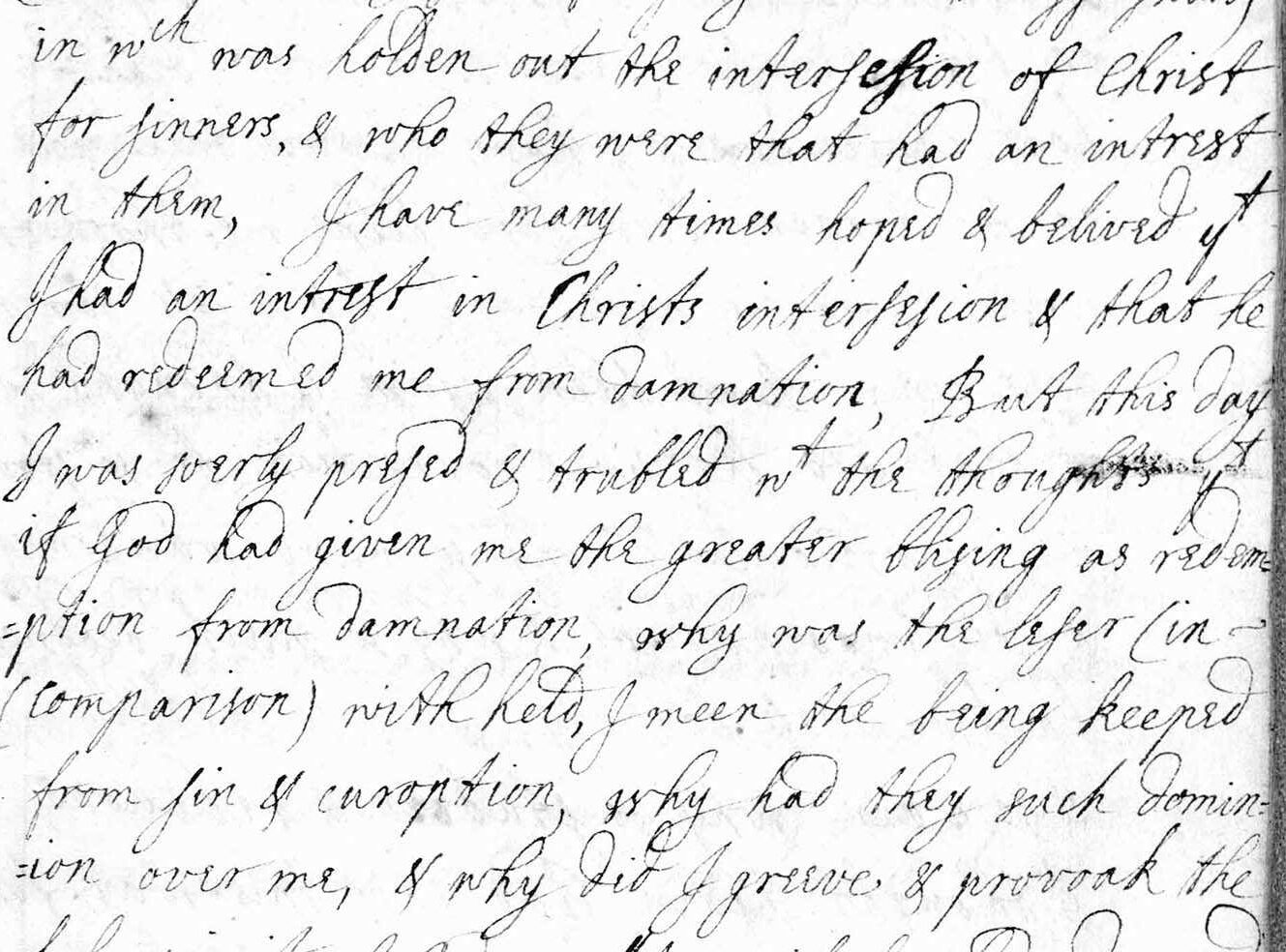
Harnessing technology
We’re particularly excited about the role that technology can play in redressing the historic imbalance of representation in archives. By applying Handwritten Text Recognition (HTR) software to our products, scholars can search manuscripts freely. While we cannot redress the biases held within sources themselves, the ability to search in this way can remove any historic or unintended biases existing in the catalogue data and improve the discoverability of underrepresented narratives. Through the application of searching software, we also aim to improve our metadata creation processes, actively seeking out voices which may have been obscured.
Updating existing products
In addition to considerations that impact the titles we are currently developing and producing, we will re-evaluate existing products and consider how best to contextualise language used within metadata and editorial content. We also aim to provide publication details to ensure users can clearly understand when resources have been released or updates made.
We are committed to continually improving our editorial processes. We welcome feedback on diversity and inclusion within our products.
Diversity in content
At AM, we recognise our responsibility to increase the diversity of voices in our published resources. We are taking action to diversify the primary sources we publish, and the contextual and pedagogical tools created to help users access the historical materials.
We intend to:
- publish more resources that are about or feature underrepresented narratives
- invest in strategies to uncover and digitise hard-to-find content
- contextualise archival silences and amplify underrepresented voices in existing content.
To achieve these aims, we will continue to utilise the expertise of our academic community and editorial boards, seeking to incorporate a diverse range of perspectives across subject specialists.
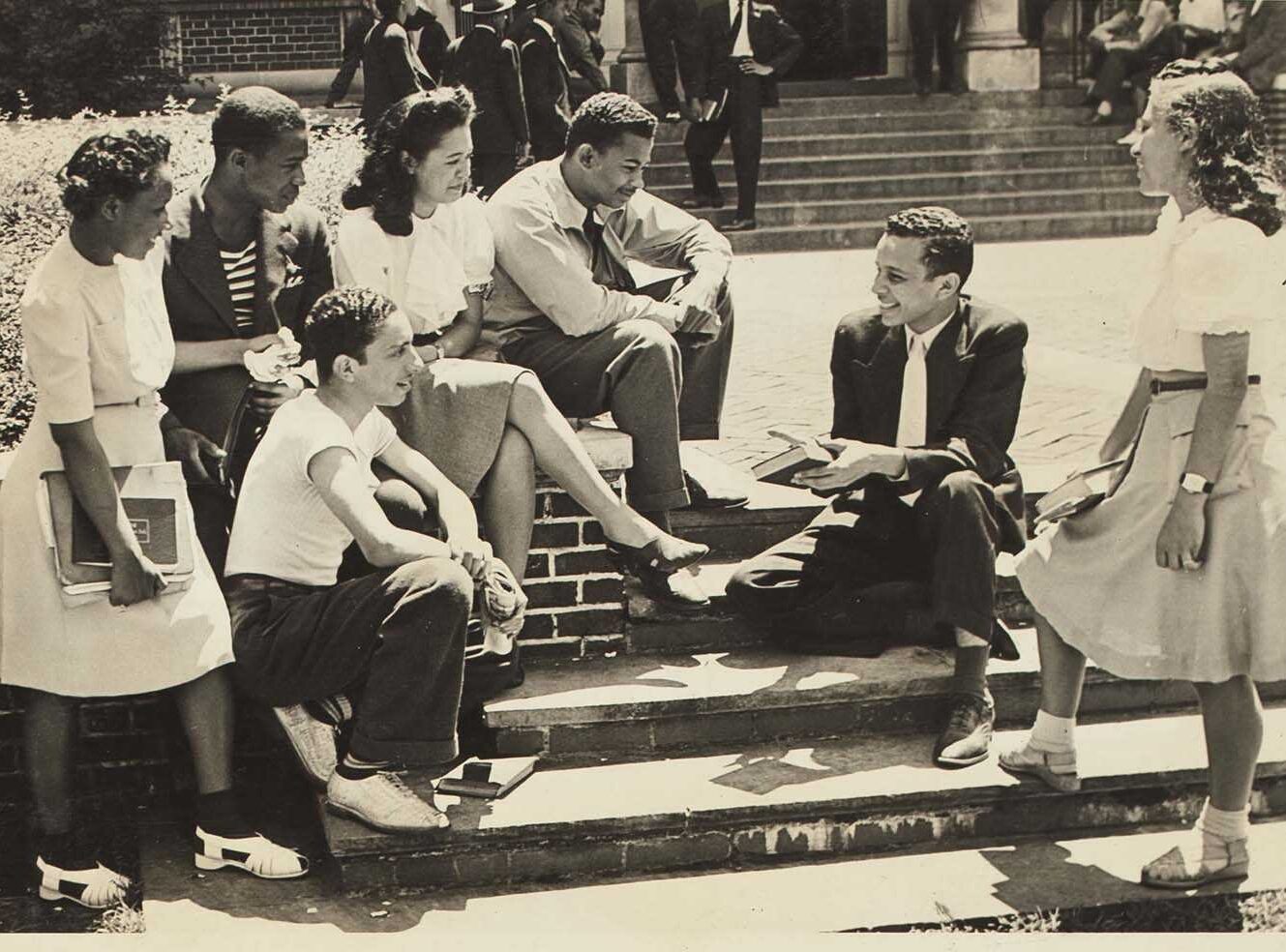
Diversifying resource themes
We’re proud of our published resources that explore the histories and experiences of underrepresented groups, but we’re committed to producing more resources that focus exclusively on these narratives.
We want to ensure that the primary sources we digitise in these resources were created by or for those communities or individuals. We also want to ensure that a range of perspectives and experiences are reflected in all our thematic collections.
We consider it a responsibility to continue publishing archival records that can provide evidence for the violence and oppression perpetrated against marginalised groups but acknowledge that underrepresented communities and individuals should not be defined by their trauma.
We are committed to producing resources that highlight histories of the success and creativity of marginalised communities and individuals, and where primary sources capture the narrative of dominant forces, will actively seek content which explores and amplifies the voices of peoples excluded from that narrative.
We aim to work with archives, and where possible communities and donors, to ensure all parties are compensated equitably when their histories are published in our resources.
Finding primary sources
We recognise that such aims are challenging because of the silences and hidden voices in the archives. We acknowledge that the archival record reflects historic and contemporary biases about whose stories are worth preserving and why. We also recognise that the act of digitising and publishing primary sources is influenced by our own experiences and biases.
To fulfil our aim to produce more resources on underrepresented narratives, we must invest in strategies to uncover historical sources, better understand biases in the archive and our own decision making and amend editorial practices to better incorporate creative approaches to research and diverse perspectives.
We intend to:
- widen our definition of primary source, to incorporate as many forms of knowledge construction as possible in our resources
- invite a diverse mix of institutions to work with us alongside our existing partners, ensuring our relationships are equitable and supportive
- seek advice from researchers, scholars and archival professionals who specialise in studying underrepresented groups
- build in opportunities to challenge editorial decision-making to ensure decisions aren't unconsciously excluding underrepresented voices
- identify opportunities where we might support conservation or cataloguing to help make more collections available for digitisation.
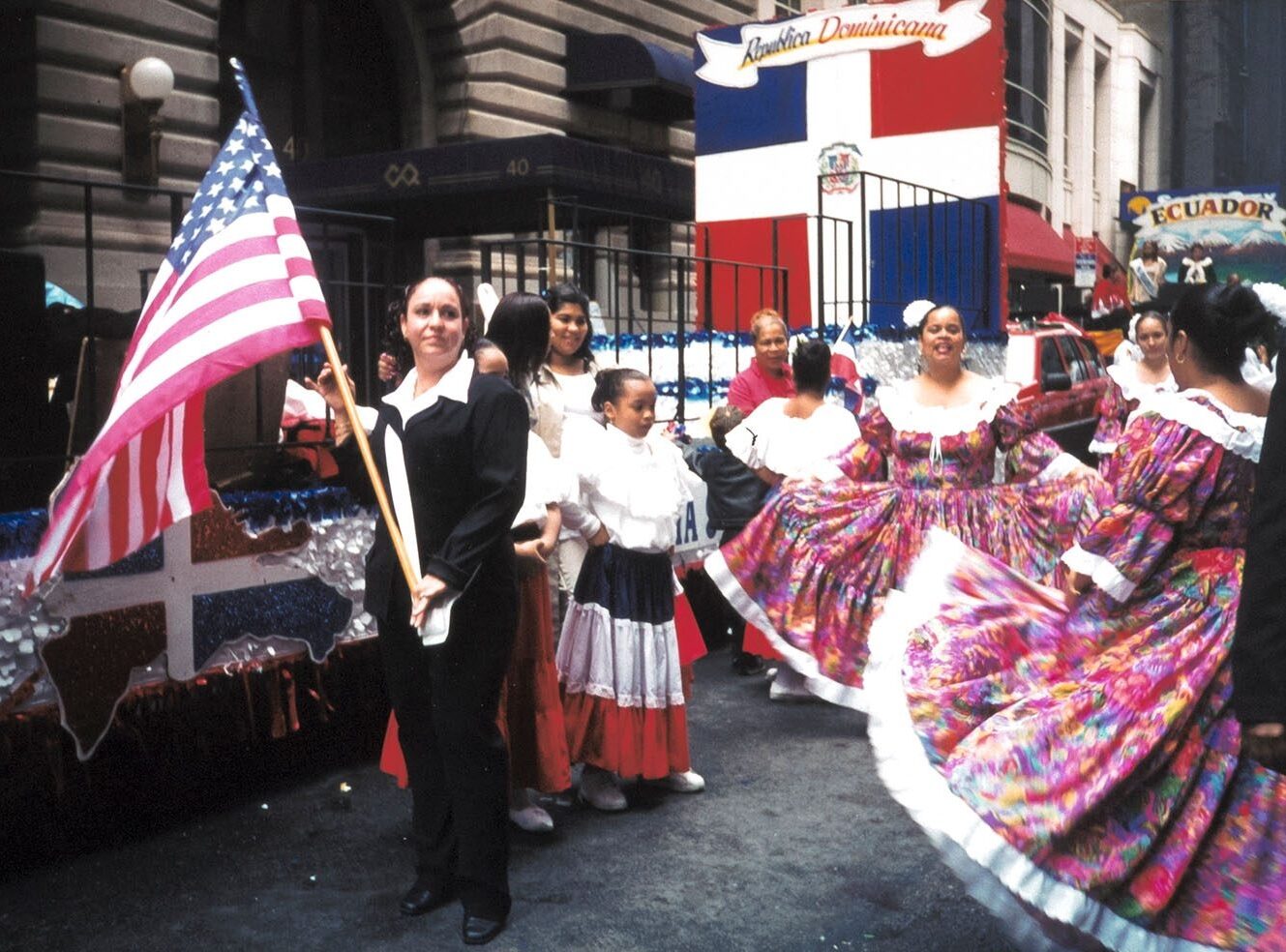
Contextualising primary sources
Where we find primary source materials created for, by or about underrepresented communities or individuals, we understand that presenting that content accurately and respectfully is key. Of equal importance are the contextual features that we publish alongside primary sources. Read in conjunction with historic material, these features are designed to aid critical analysis of the sources in teaching and research.
We will explore features that:
Amplify small amounts of content, or voices that are typically underrepresented within a discipline or research theme.
Critically analyse sources written in the dominant narrative, acknowledging the power structures behind their preservation and prioritisation, and examining the impact on underrepresented groups.
Contextualise primary sources created by or for underrepresented voices, placing them in historical context and illuminating key research themes.
Acknowledge where there are gaps in the record, and why there are gaps in the record, and provide contextual information about groups or individuals not covered by the primary sources to help build a less biased picture of a historic period or research theme.
